10 of the most crazy large-scale hacking attacks in history

10 Biggest Computer Hacks Of All Time-YouTube
◆ 01: Target
One of the victims of large-scale hacking is 'Target', a major American mass retailer.
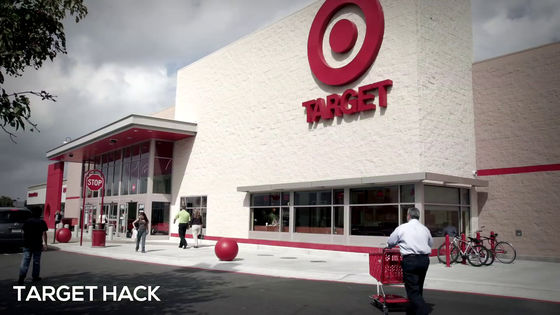
The incident occurred from November 27th to December 15th, 2013.


1797 stores in the United States were hacked.
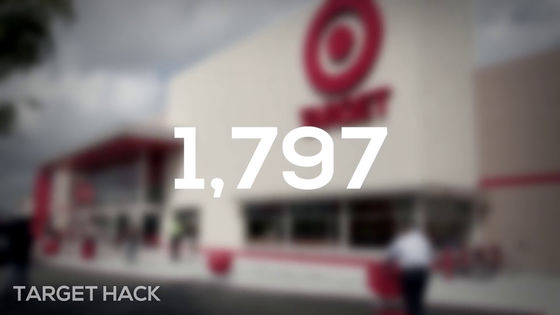
The hack stole about 40 million credit and debit card information recorded on the point-of-sale system, as well as 70 million personal information such as addresses, phone numbers, and email addresses.
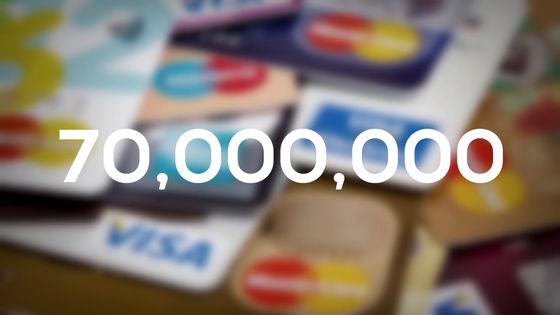
It seems that malware installed on the target POS system by a hacker invaded the card reader used at the cash register, stole the card information every time the card was read, and uploaded it to Target's server. In addition, it seems that

◆ 02: PlayStation Network
In April 2011, there was unauthorized access to the PlayStation Network (PSN) from the outside, and
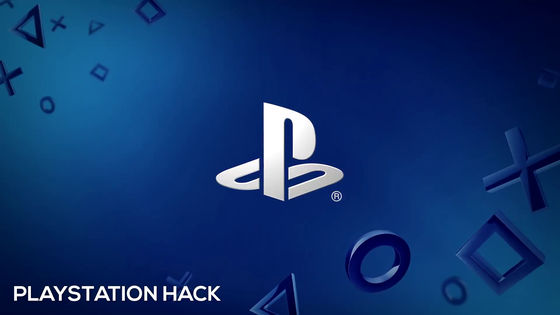
After that, due to a large-scale
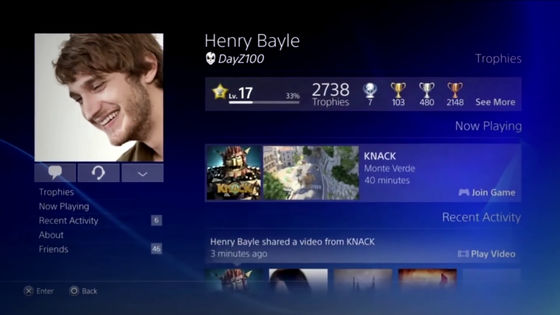
According to a Sony spokesman, more than $ 171 million (about 13.7 billion yen at the rate at that time) was damaged in the 23 days when the PSN went offline.
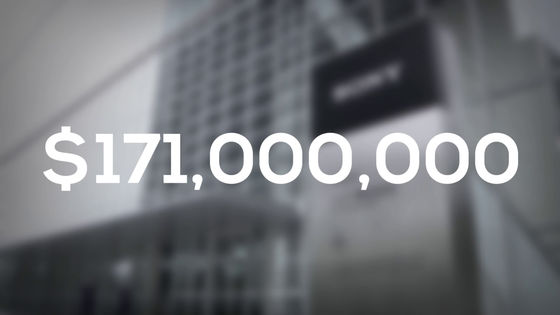
◆ 03: Federal Personnel Administration
In an incident discovered in June 2015, a hacker group attacked the Federal Personnel Administration (OPM) and stole the personal information of about four million former and current US federal government employees. Law enforcement officials consider the hack to be an attack from China, but there is little evidence to prove it.
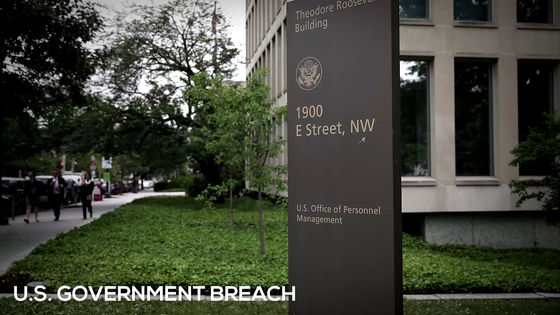
'Most Americans believe that the federal computer network is maintained by iron-clad defenses, so the public should have been shocked,' said Adam Schiff, a member of the House Intelligence Committee.
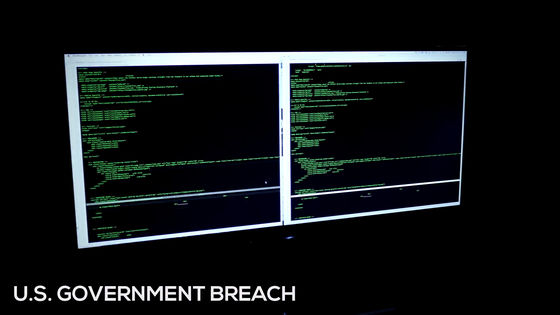
In the event of the incident, the Department of Homeland Security (DHS) and the FBI have collaborated to monitor the federal government's network and investigate the damage situation.
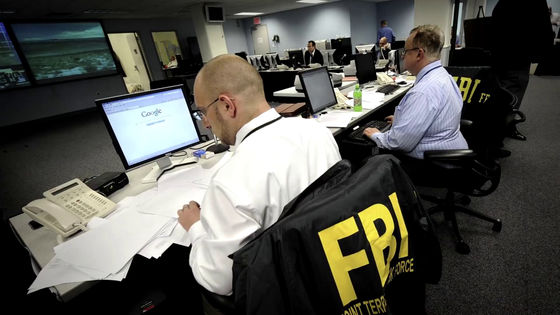
◆ 04: Ashley Madison
And the fourth hacking victim is Ashley Madison, a dating service for married people. The leak of personal information and sexual orientation data for about 37 million people became

The hacker group has leaked more than 25GB of data, and the parent company is

◆ 05: Albert Gonzalez
Albert Gonzalez is the principal culprit of the group that stole more than 170 million credit card information between 2005 and 2007. Gonzales colluded with other hackers to access the internal network servers of retailers and financial institutions deploying Heartland Payment Systems systems and use SQL injection to steal data from the company's systems.

Rumor has it that Gonzales spent a fortune of $ 75,000 to hold his birthday party.
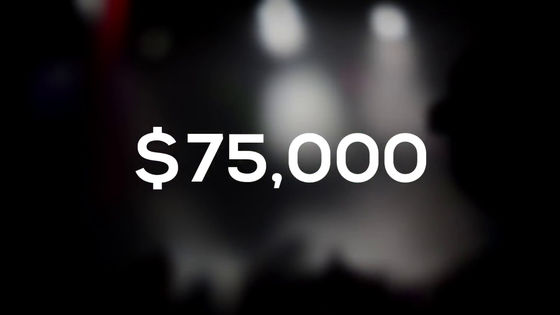
However, he was arrested on May 7, 2008 and sentenced to 20 years in prison in March 2010 as 'the biggest computer crime in American history.'
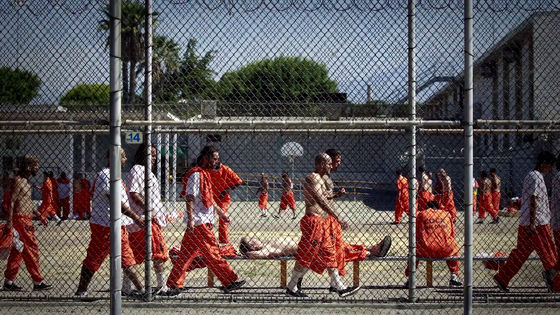
◆ 06: Melissa
On March 26, 1999, Microsoft discovered a macro virus running on Word.
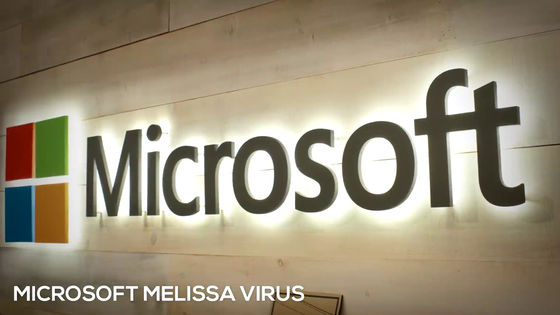
The name of the virus is 'Melissa', and many users and corporate computers around the world have been infected with the virus.
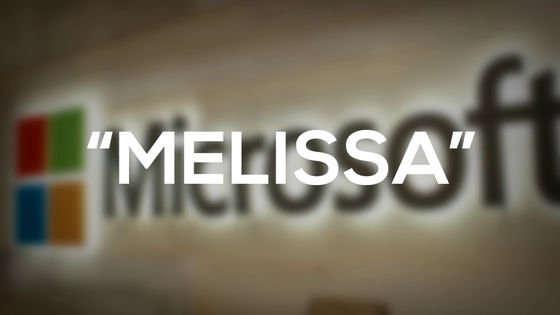
Melissa is a virus that affects Word, Outlook 98, etc., and has infected various computers via Word-formatted documents attached to emails.
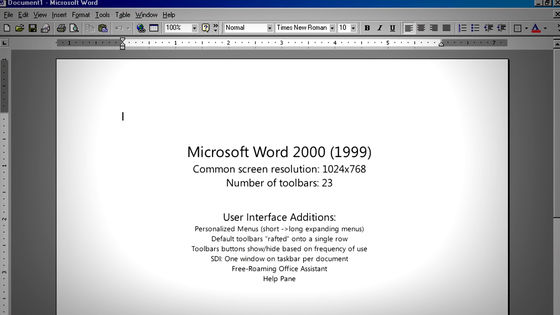
If you open a word-formatted document attached to an email as shown below, the user will be infected with Melissa. It seems that the infection spread by sending similar emails to 50 email addresses registered in the contacts of infected users.
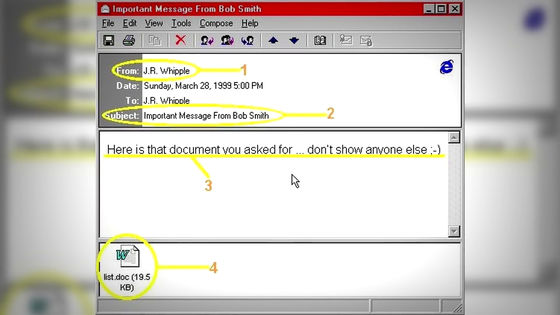
◆ 07: Stuxnet
In 2010, the United States and Israel launched a cyberattack that would later be described as 'the most elaborate.'
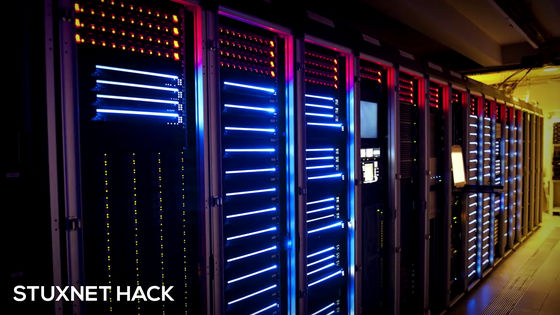
It was an attack using a computer worm called 'Stuxnet' that targeted Iran's uranium enrichment facility. Since it is possible to infect stand-alone computer systems isolated from the Internet via USB storage, it was a big shock to the world that it could also infect industrial control systems. Stuxnet was a worm targeted at the control controller of the Siemens uranium enrichment centrifuge used in Iran's nuclear power plant.
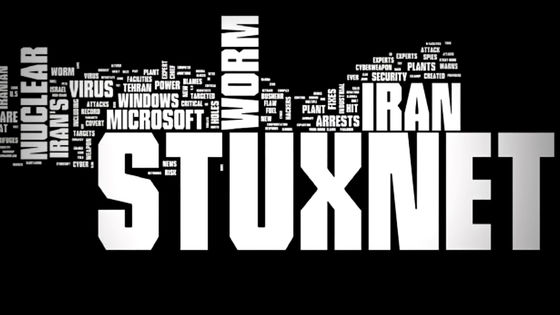
Stuxnet has also appeared in Indonesia, India, Azerbaijan, the United States, etc., but 58.85% of infected computers are concentrated in Iran.
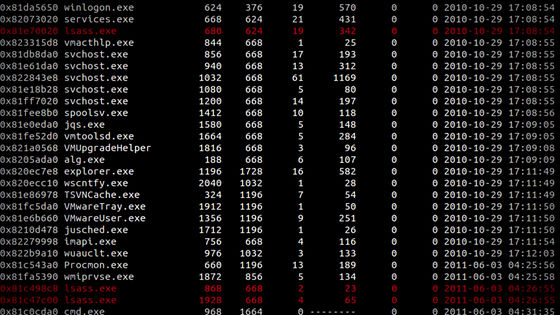
◆ 08: TJMaxx
TJ Maxx and its parent company, marshals, have also been victims of massive hacks. Both companies have stolen a large amount of their customers' credit card information due to hacking, but the details are not disclosed.


However, analysts estimate that there are at least 45 million leaked credit or debit card information.
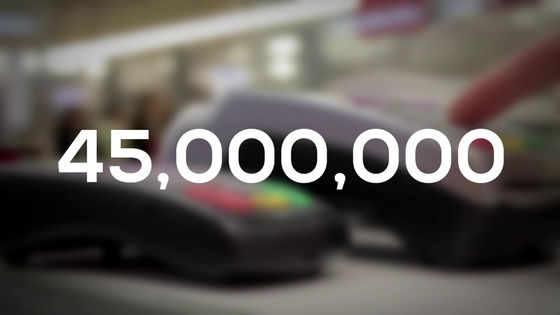
A TJ Maxx spokesman said in a statement, 'The scale of the hack is unknown.' However, research has found evidence that hackers have been secretly stealing personal information from corporate databases for more than three years before the hack was revealed in December 2007.

◆ 09: Sony Pictures
In 2014,
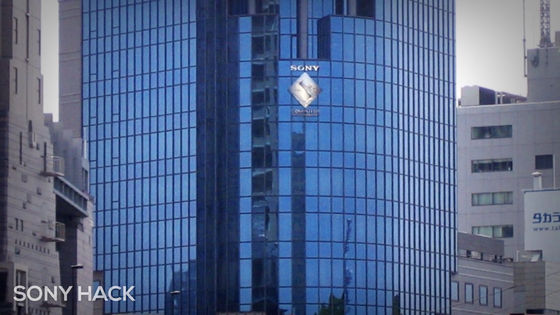
The crime is believed to have been committed by North Korea. The reason is that the criminal did not try to make money using the information obtained by hacking. It is believed that the hack was not for financial purposes, but for pure harassment.After being hacked, Sony initially decided to cancel the release of the satirical comedy movie 'The Interview,' which was based on North Korea, so it was thought to be a hacking attack by North Korea ...


In the end, 'The Interview' started to be
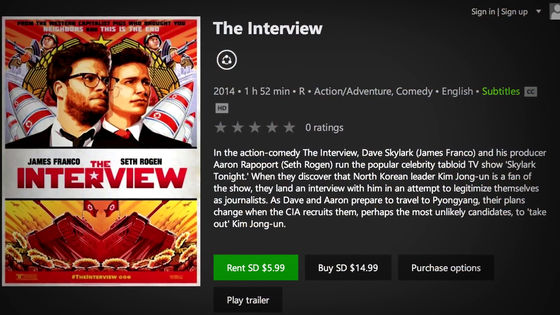
◆ 10: Conficker
'Conficker' is also one of the strongest computer worms in history. Tens of millions of Windows PCs were reportedly infected with the worm. In addition, government PCs in more than 200 countries, including the British government, have been targeted by cyber attacks using Conficker.
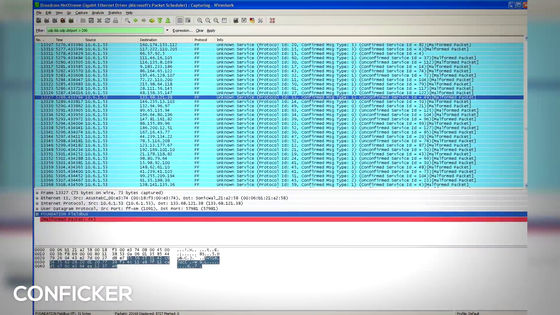
Conficker was originally Facebook, Skype, Yahoo! It targets SNS such as messenger and mail clients such as Gmail, Outlook, Hotmail, etc. Once infected, it allows attackers to freely access credit card information and password information. Also, terrifyingly, Conficker is an active worm even at the time of writing the article.
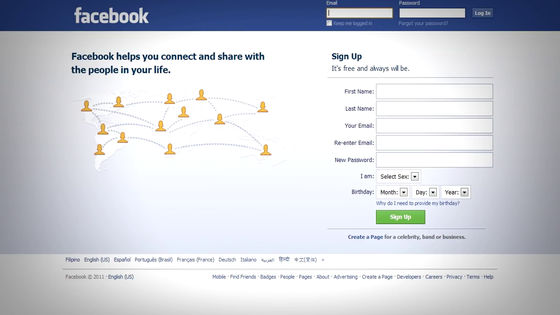
Related Posts:







